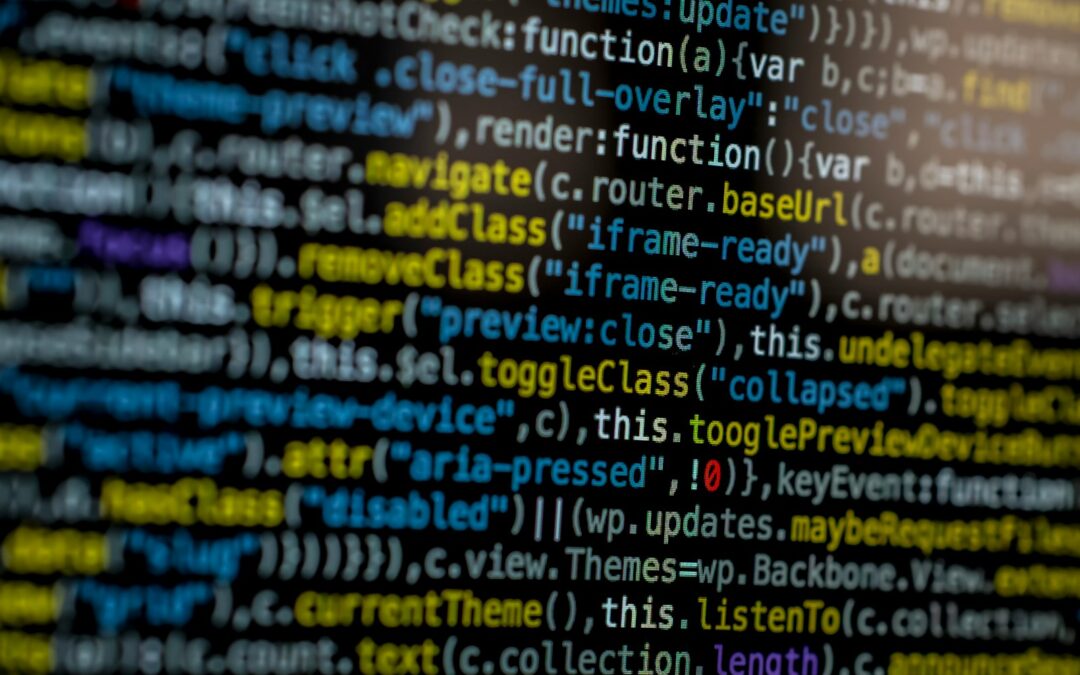Educating for the Future: The Importance of Digital Ethics in Modern Curricula
The Need for Digital Ethics in Education
The importance of incorporating digital ethics in educational curricula cannot be overstated as we move deeper into the digital age. As technology becomes ever more pervasive in our lives, understanding its ethical implications is crucial for fostering a responsible and conscientious generation of technologists. In Saudi Arabia and the UAE, where rapid technological advancement is a key component of national development strategies, integrating digital ethics into education is particularly essential.
Digital ethics encompasses the principles and standards that guide our conduct in the digital world. This includes issues such as privacy, data security, digital rights, and the ethical use of artificial intelligence (AI). As students in Riyadh, Dubai, and other tech-savvy cities prepare to enter fields heavily influenced by AI, blockchain, and the metaverse, a strong foundation in digital ethics will be critical for ensuring that they can navigate and shape the digital landscape responsibly.
Incorporating digital ethics into educational curricula involves more than just teaching students about current technologies. It requires fostering critical thinking skills, encouraging discussions about ethical dilemmas, and providing real-world scenarios where students can apply ethical principles. By doing so, educational institutions can prepare students not just to use technology, but to lead in its development and implementation in ways that are socially and ethically sound.
Strategies for Integrating Digital Ethics
To effectively incorporate digital ethics in educational curricula, institutions in Saudi Arabia and the UAE can adopt several strategic approaches. Firstly, integrating ethics into existing technology and computer science courses ensures that students learn about ethical considerations alongside technical skills. This holistic approach allows students to see the direct relevance of ethics in their future careers.
For instance, a course on AI could include modules on bias in AI algorithms, the implications of AI on privacy, and the societal impact of automation. Such courses could leverage case studies from Riyadh’s burgeoning tech sector or Dubai’s smart city initiatives to provide local context and relevance. By embedding ethical discussions within technical education, students can better understand the potential consequences of their work and the importance of ethical decision-making.
Another effective strategy is the development of standalone courses focused specifically on digital ethics. These courses can cover a broad range of topics, from the ethical use of data to the societal impact of emerging technologies like blockchain and the metaverse. By offering these courses as part of the core curriculum, educational institutions can signal the importance of ethical considerations in the digital age.
Additionally, partnerships with industry leaders and ethical technologists can enhance the curriculum by providing students with insights from the frontlines of technological innovation. Guest lectures, workshops, and internships can expose students to real-world ethical challenges and the strategies professionals use to address them. This hands-on experience is invaluable for preparing students to become ethical leaders in the tech industry.
Building a Culture of Ethical Awareness
Incorporating digital ethics in educational curricula is not just about the content of courses, but also about fostering a broader culture of ethical awareness within educational institutions. This involves creating an environment where ethical considerations are part of everyday discussions and decision-making processes. In Saudi Arabia and the UAE, where educational reform is a priority, building such a culture can have far-reaching benefits.
One way to build this culture is through the establishment of ethics committees or advisory boards within educational institutions. These bodies can guide the development of curricula, ensure that ethical standards are maintained, and provide a platform for discussing ethical issues as they arise. By involving faculty, students, and industry representatives, these committees can ensure that multiple perspectives are considered in ethical discussions.
Furthermore, encouraging student-led initiatives and clubs focused on digital ethics can empower students to take an active role in shaping their ethical education. These groups can organize events, debates, and projects that explore ethical issues in technology, fostering a sense of ownership and engagement among students. In Riyadh and Dubai, where student innovation is highly valued, such initiatives can also contribute to the broader tech ecosystem by promoting ethical awareness.
Finally, incorporating ethical considerations into research projects and capstone courses can provide students with opportunities to apply their knowledge in practical settings. Whether they are developing new AI applications, exploring the potential of blockchain, or designing virtual environments in the metaverse, students should be encouraged to consider the ethical implications of their work. By integrating ethics into the fabric of educational experiences, institutions can prepare students to be not only skilled technologists but also responsible and ethical leaders.
Conclusion
The importance of incorporating digital ethics in educational curricula is paramount as we prepare the next generation of technologists. In regions like Saudi Arabia and the UAE, where technological innovation is a cornerstone of national progress, embedding ethical considerations into education is essential. By integrating ethics into technical courses, offering dedicated ethics classes, fostering a culture of ethical awareness, and providing real-world experiences, educational institutions can equip students with the skills and values they need to navigate the digital landscape responsibly and ethically. This approach will ensure that the technologists of tomorrow are not only capable but also conscientious stewards of the digital future.
—
#DigitalEthics #EthicalTechnologists #AI #Education #SaudiArabia #UAE #Riyadh #Dubai #TechnologyEducation #Innovation























